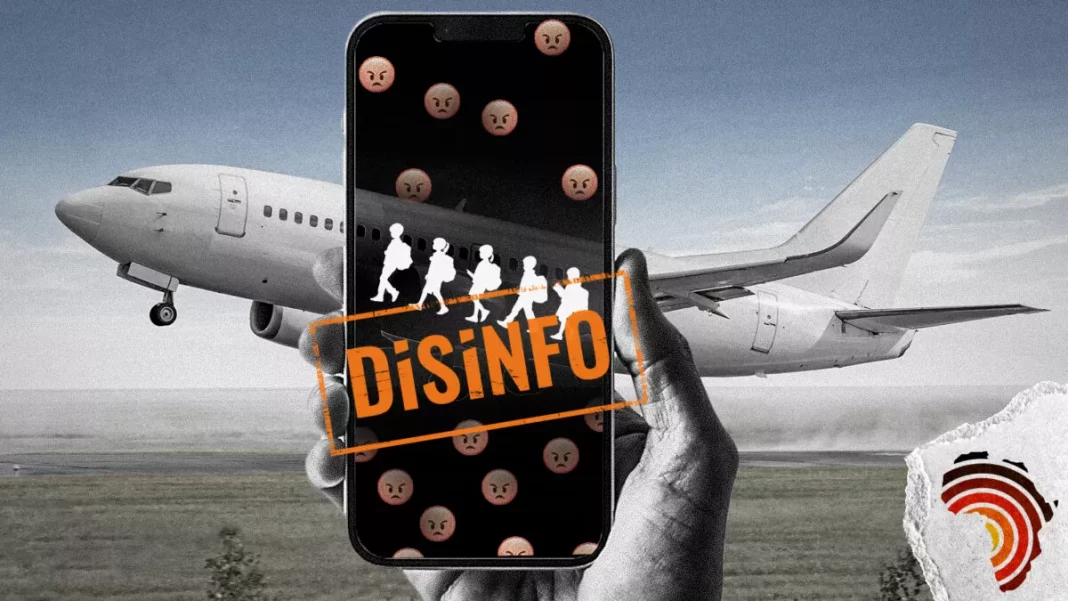By EUvsDisinfo
On 25 October 2007, the Chadian government intercepted an attempt by the French charity organisation L’Arche de Zoé to fly 103 Chadian children to France under false pretences. The organisation claimed the children were orphans from Darfur in need of medical care – going so far as to put fake bandages on them. However, Chadian authorities investigated the case and found that the organisation had no solid reason for taking them, since most of the children were Chadian and had living relatives.
Six French nationals were arrested and charged with attempted abduction, fraud, and document forgery. Though repatriated to France in late 2007, they were condemned to a financial penalty and sentenced to forced labour in Chad, before being pardoned. The group involved in the operation was eventually sentenced by French justice to suspended prison terms ranging from six months to two years. The charity was also fined €100,000 and officially shut down in 2013.
A tale that won’t stay buried
Despite being old, this story continues to resurface in misleading and harmful ways. In early 2024, videos about this event continued to resurface on social media. A television report about L’Arche de Zoé reappeared on social media, falsely claiming that a plane carrying kidnapped Chadian children bound for Spain had been stopped in Niger. The video spread widely across Facebook and TikTok in France, Benin, and Togo before AFP and TogoCheck debunked it.
This was not the first time the video is recycled. It spread with similar false claims in 2023, and in 2021, when a YouTube channel alleged a plane full of stolen children had been intercepted in Chad. Back in 2020, another viral video claimed that 2,000 kidnapped children had been discovered. In 2019, TV5 Monde debunked a similar story.
So why does this story keep coming back?
One reason is that the original event was real. It is easier to make fake stories sound believable when they are based on something that actually happened. People tend to trust stories when the details seem familiar or grounded in truth – even if the truth has been twisted.
Another reason is the emotional pull. Stories about children in danger naturally provoke strong reactions. Most people care deeply about protecting children, so they’re more likely to share these stories without first checking if they’re accurate. Disinformation thrives on this kind of emotional response.
Twisting real events and playing on people’s emotions is a common tactic in disinformation campaigns. Sometimes, it is done for political influence or financial gain. In other cases, it can stir up old resentments or fuel negative feelings towards certain countries or groups, such as the EU and European Member States. These kinds of stories can also distract people from problems closer to home.
The EU’s fight against human trafficking
The truth is that European countries treat child trafficking as a very serious crime and take strong actions against it. Many EU member states have tightened adoption regulations – banned foreign adoption altogether – to prevent abuse. The EU has also made long-standing commitment to child protection and the fight against human trafficking. In June 2024, the EU adopted new laws to strengthen protections, including officially recognising illegal adoption and forced marriage as forms of trafficking.
By EUvsDisinfo





